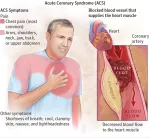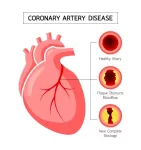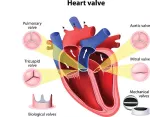
Atherosclerosis is a chronic disease that affects the arteries, which are the blood vessels that carry oxygen-rich blood from the heart to the rest of the body. It occurs when fatty deposits, cholesterol, and other substances build up inside the arteries, causing them to become narrowed and less flexible.
Over time, atherosclerosis can lead to serious health problems, including heart disease, stroke, and peripheral artery disease. The exact cause of atherosclerosis is not known, but it is believed to be related to a combination of genetic, environmental, and lifestyle factors, including high blood pressure, high cholesterol, smoking, and a sedentary lifestyle.
Symptoms of atherosclerosis may not appear until the condition is advanced, and may include chest pain, shortness of breath, fatigue, weakness, and numbness or tingling in the limbs. Diagnosis typically involves a physical exam, medical history, and diagnostic tests such as an angiogram, ultrasound, or CT scan.
Treatment for atherosclerosis may include lifestyle changes such as a healthy diet, regular exercise, and smoking cessation, as well as medications to lower cholesterol, control blood pressure, and prevent blood clots. In some cases, surgery or other interventions may be necessary to remove blockages or repair damaged blood vessels.
Prevention is key to reducing the risk of atherosclerosis, and can be achieved through healthy lifestyle choices such as maintaining a healthy weight, eating a balanced diet, getting regular exercise, managing stress, and not smoking. People with a family history of atherosclerosis or other risk factors may also benefit from regular checkups and screening tests to detect the condition early and begin treatment if needed.
In conclusion, atherosclerosis is a serious and potentially life-threatening condition that can affect anyone, but is often related to lifestyle factors such as diet and exercise. Early detection and treatment are essential to managing the condition and reducing the risk of serious complications such as heart disease and stroke. Making healthy lifestyle choices and working closely with healthcare providers can help prevent and manage atherosclerosis, and improve overall health and well-being.









